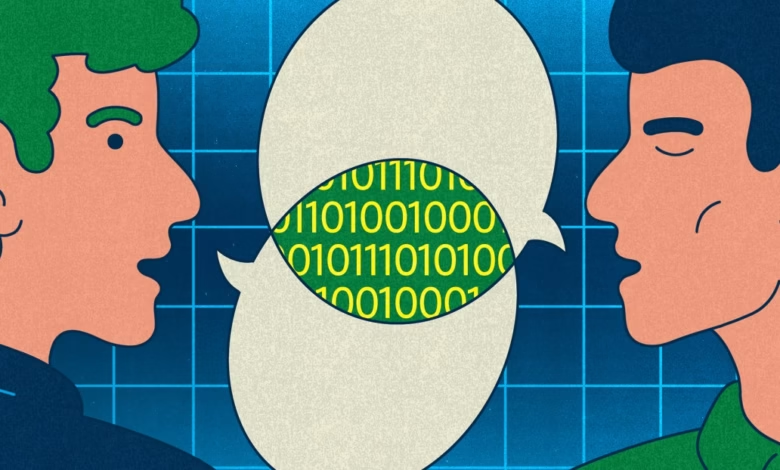Your Writing Sounds Like ChatGPT – Here’s Why

▼ Summary
– AI is influencing human vocabulary, with words like “delve” and “meticulous” (favored by ChatGPT) increasing in usage, while others decline.
– Researchers found AI’s linguistic impact extends beyond vocabulary, potentially affecting speech tone, structure, and emotional expression.
– AI tools like smart replies improve communication efficiency but create suspicion if users believe their partner is relying on AI.
– AI-mediated communication risks eroding trust by diminishing human signals like authenticity, effort, and personal expression.
– AI’s preference for Standard American English marginalizes other dialects, threatening linguistic diversity and the authenticity that builds trust.
The way we communicate is changing in subtle but undeniable ways, and artificial intelligence is quietly reshaping our linguistic landscape. Listen closely to conversations around you, whether in meetings, classrooms, or online discussions, and you’ll notice certain words popping up more often than before. Terms like meticulous, realm, and adept have surged in usage, while others have faded. This shift isn’t random. Research suggests AI language models like ChatGPT are influencing how we speak and write, often without us realizing it.
A study from the Max Planck Institute for Human Development analyzed nearly 280,000 academic YouTube videos and found that certain AI-favored words increased in frequency by up to 51% after ChatGPT’s release. Words like delve, once rare in everyday speech, have become linguistic fingerprints of AI’s influence. “We internalize this virtual vocabulary without even noticing,” says Hiromu Yakura, the study’s lead researcher. But vocabulary is just the beginning. Experts warn that AI is also altering tone, structure, and even emotional expression in communication.
The impact goes beyond word choice. Smart replies and autocorrect features subtly nudge us toward more polished, formulaic language, which can enhance clarity but also strip away personality. Cornell researchers found that while AI-assisted responses foster cooperation, they also breed suspicion when detected. People rate interactions as less genuine if they suspect AI involvement, even if the actual content remains unchanged. This paradox highlights a deeper issue: trust in communication erodes when authenticity is in question.
Mor Naaman, a professor at Cornell Tech, identifies three key signals we lose when relying on AI: humanity, effort, and ability. A message like “Sorry you’re upset” feels flat compared to “I shouldn’t have skipped therapy, my bad.” The latter carries vulnerability, humor, and individuality, qualities AI struggles to replicate. Without these signals, Naaman warns, we may retreat to face-to-face interactions as the only trusted form of communication.
The problem intensifies when AI reinforces linguistic biases. Studies show AI often struggles with dialects outside Standard American English, either failing to understand them or exaggerating them in ways that feel inauthentic. This not only marginalizes non-standard speakers but also narrows our definition of “correct” language. The quirks, stumbles, and regional flavors that make speech uniquely human risk being smoothed over by AI’s preference for uniformity.
Yet there’s hope. Early pushback, like academics avoiding overused AI phrases, suggests people will resist homogenization. Meanwhile, AI itself may evolve to better reflect human diversity rather than erase it. The challenge isn’t stopping AI’s influence, it’s ensuring we preserve the messy, imperfect, and deeply personal elements of communication that make it truly ours. The future of language depends on whether we consciously shape it or let algorithms do it for us.
(Source: The Verge)





